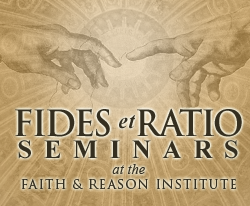Where the Revolution has Led: An Interview with Mary Eberstadt
Flynn: What are identity politics?
Eberstadt: The Stanford Encyclopedia of Philosophy defines identity politics as “political activity and theorizing founded in the shared experiences of injustice of members of certain social groups.” This is not politics as usual. It’s instead an assertion of identity with one or another group that’s said to be oppressed. Believing oneself to be a victim is part and parcel of “identifying” in this way.
Identity politics, as scholars note, has only come into existence in the last thirty years, meaning that it is mostly younger people who believe this is what’s meant by “politics.” The results include theatrical repercussions that we’ve all seen in person or in the news – violent protests, increased numbers of speaker shut-downs on campus, other disruptions on the quad and elsewhere – whose common denominators are emotionalism and unreason.
I wrote the essay not to dismiss the primal nature of identity politics, but instead to try and understand where all that deeply felt irrationalism is coming from.
What do we lose because of the surge in identity politics?
For starters, we’re losing an elemental piece of Catholic and other theology: The idea of free will. Identity politics says that biography is destiny – that how you’re born determines your political and moral interests in life. Nothing could be further from the idea that we are made in God’s image, and given the unique power of freely choosing good – or, as the case may be, evil.
The anthropology behind identity politics amounts to a crabbed, crippled, unfree view of the human person. It divides the world into victims and oppressors, leaving no room for free agency or redemption. For that reason alone, Christians above all should be wary, and reject this new way of looking at the world.
Beyond Christians, though, identity politics is toxic across society. The decibel level of unreason makes it hard to advance a civil, rational case about anything. And the Manichean division of the world into victims and oppressors leaves little space for nuance or anything else. All identity politics, all the time, makes for a dumbed-down, dreary conversation out there – just one more reason why figuring out the attraction of such politics in the first place seems like work worth doing.
Click here to read the rest of Mr. Flynn’s interview with Mary Eberstadt . . .



